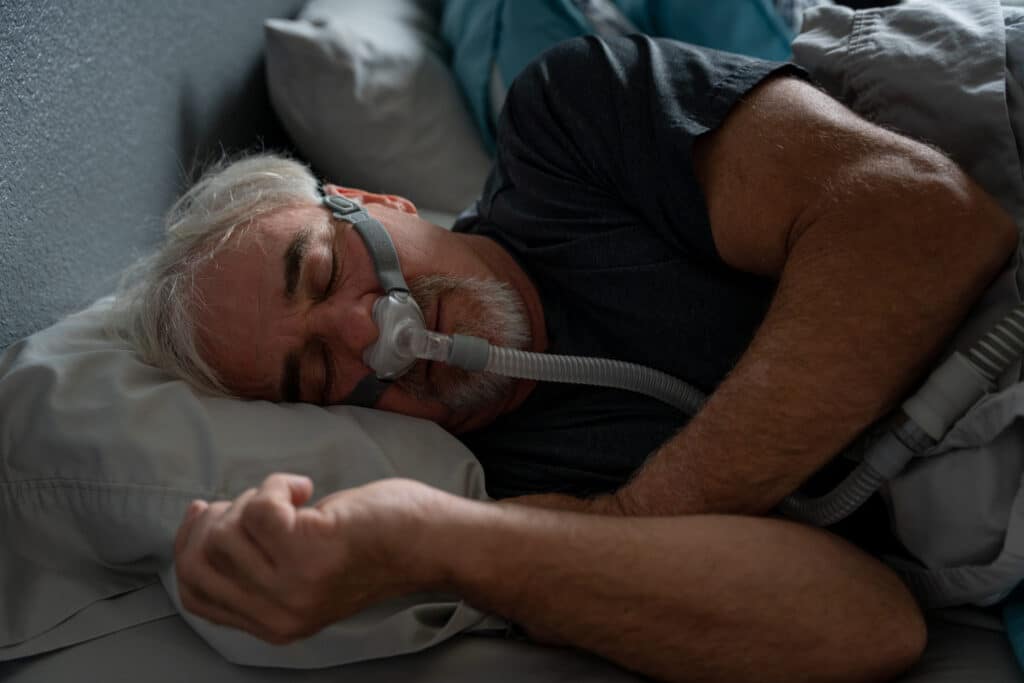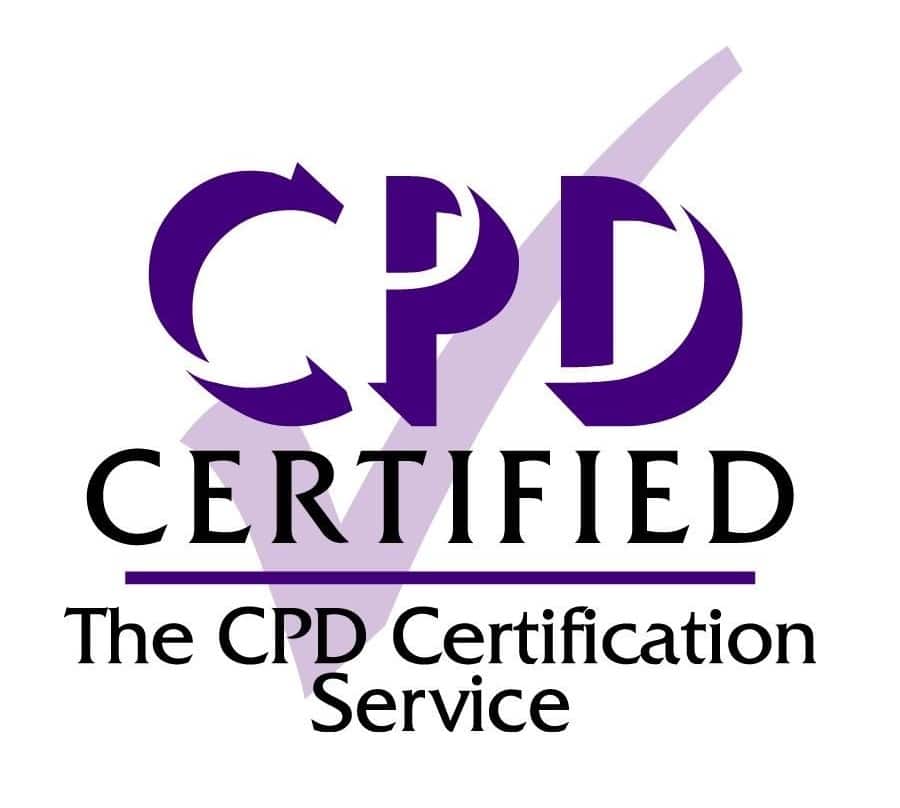Sleep Disorders and Management in Care
Current Status
Price
Get Started
About the course
This course provides essential training on sleep health and sleep disorders in care settings. It explores the importance of sleep, common sleep disorders, risk factors, and evidence-based interventions to help care professionals support clients in achieving better sleep. Participants will learn assessment techniques, environmental modifications, and personalised strategies to improve sleep quality and overall wellbeing in vulnerable populations.
What will you learn
Understanding Sleep and Its Role in Health
- Explore why sleep is vital for physical, cognitive, and emotional health.
- Understand the sleep cycle, including REM and non-REM stages.
- Identify the consequences of poor sleep, such as weakened immunity, mental health issues, and chronic illnesses.
Recognising and Assessing Sleep Disorders
- Learn about common sleep disorders such as insomnia, sleep apnoea, restless leg syndrome, and narcolepsy.
- Identify risk factors that contribute to sleep disturbances, including medication use, chronic illness, and environmental factors.
- Explore assessment tools such as sleep diaries, wearable trackers, and polysomnography (PSG).
Strategies for Improving Sleep in Care Settings
- Implement non-pharmacological interventions, including CBT-I, relaxation techniques, and sleep hygiene education.
- Create a sleep-friendly environment by reducing noise, adjusting lighting, and ensuring comfortable bedding.
- Learn how nutrition, exercise, and mental wellbeing contribute to better sleep.
Managing Sleep Disorders and Special Considerations
- Understand when medications like sedatives or melatonin may be necessary and their risks.
- Develop personalised sleep plans for individuals with dementia, Parkinson’s disease, or other chronic conditions.
- Explore the role of families and care teams in educating and supporting clients with sleep disorders.
Course Content
References
Reference List
- Centers for Disease Control and Prevention (CDC). (n.d.). Sleep and health.
- World Health Organization (WHO). (n.d.). Global prevalence of insomnia.
- The Sleep Foundation. (n.d.). Shift work and sleep quality.
- The Lancet. (2018). Impact of sleep deprivation on depression rates.
- Sleep Medicine Reviews. (2019). Adverse effects of sleep medications in older adults.
- Sleep Medicine. (n.d.). Use of wearable sleep trackers in nursing homes.
- National Sleep Foundation. (n.d.). Benefits of regular exercise for sleep quality.
- Cognitive Behavioural Therapy for Insomnia (CBT-I): An evidence-based approach.
- Pittsburgh Sleep Quality Index (PSQI) and Epworth Sleepiness Scale (ESS) guidelines.
- Case studies and practical examples from health and social care settings.

“Duis aute irure dolor in reprehenderit in voluptate velit esse cillum dolore eu fugiat nulla pariatur. Excepteur sint”
Katherine Cutts
Junior Designer at Company

“Duis aute irure dolor in reprehenderit in voluptate velit esse cillum dolore eu fugiat nulla pariatur. Excepteur sint”
Daniel Smith
Mobile Developer at Busines
Ratings and Reviews







